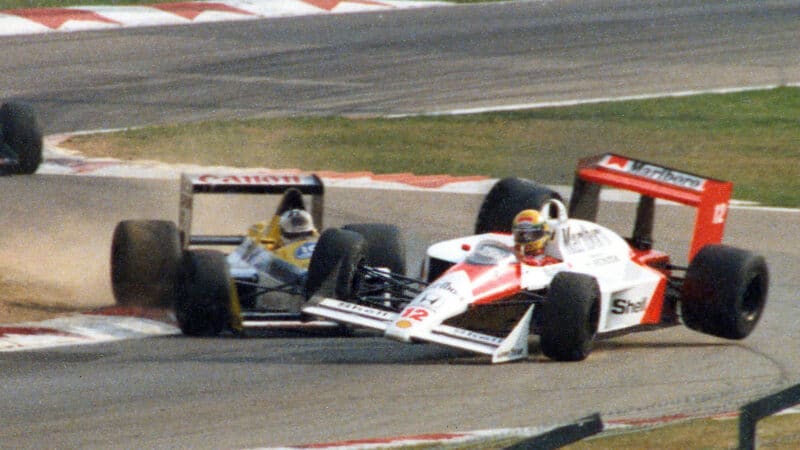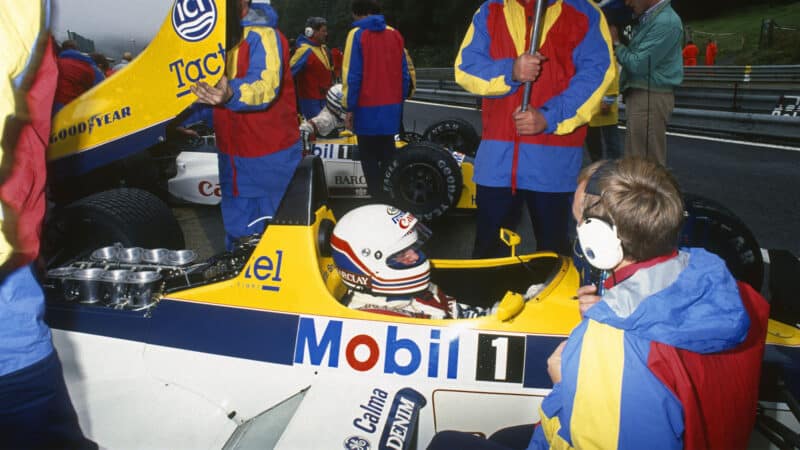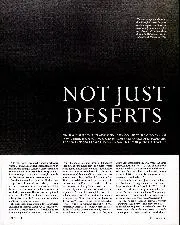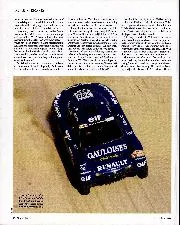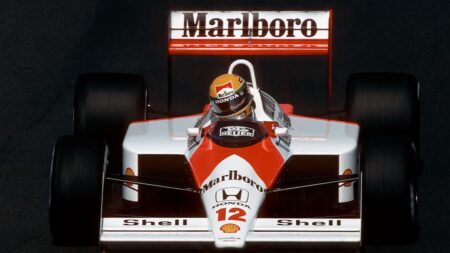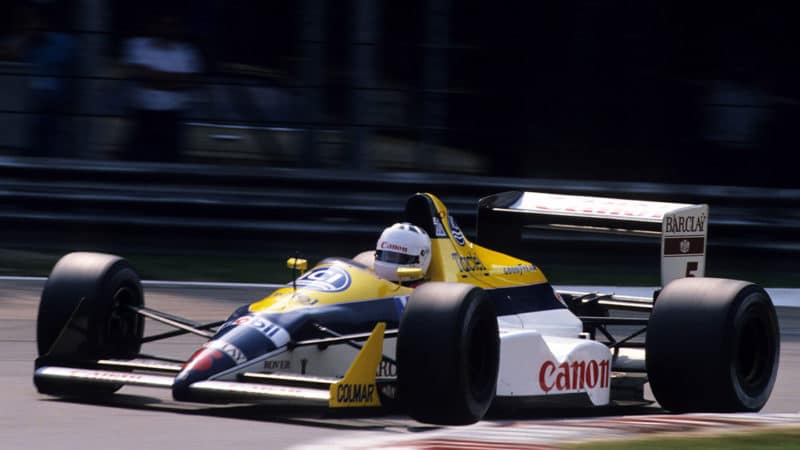There are pictures of Mansell from that season’s Hungarian Grand Prix where he looks truly ill; very pale-faced and sweating profusely. The chicken pox was already raging and he later said it was a mistake doing that race in which he qualified his Williams on the front row and ran an early second to Senna before retiring through illness. He stood himself down for the next two races, requiring Williams to find a short-notice replacement for Spa. Martin Brundle was the obvious number one candidate, the only proper F1 driver without a drive as he had tired of Zakspeed at the end of ’87 and opted to race sports prototypes for Tom Walkinshaw’s TWR Jaguar team instead.
There was no clash for the Belgian Grand Prix and Brundle was duly installed in the Williams-Judd at Spa alongside Riccardo Patrese. First qualifying was wet and impressively Brundle went fastest, a great shop window performance as he bid to return to F1 full time for ‘89. He finished the race ninth across the line (later seventh after the Benettons were disqualified for non-compliant fuel). Senna and Prost delivered McLaren a 1-2, which sealed the team the constructors’ championship with five races still to go.
Monza was next and Mansell informed Williams he still had not made a full recovery. Frank Williams offered Brundle the drive again. There was no clashing sports car race but Brundle reluctantly turned down the offer. “Tom [Walkinshaw] wouldn’t release me for a second race,” he recalls. “He wanted me to stay focused on the world sports car championship, which I won of course. He also wanted to keep me at Jag for ’89 I suspect, and he convinced me that the Williams-Judd at Monza would not be a competitive car. I regret not doing that race for many reasons. As do McLaren, I suspect…”
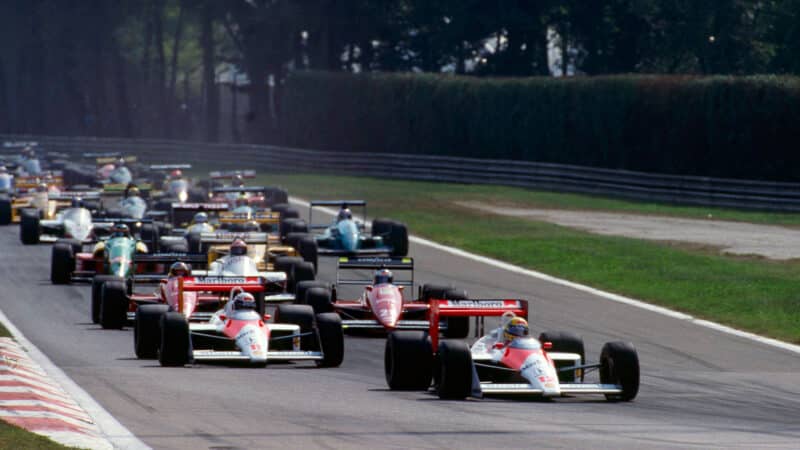
Senna gets the jump on a misfiring Prost at Monza
DPPI
Williams turned instead to another world sports car front-runner, Mercedes’ Jean-Louis Schlesser. He was almost 40 years old and had done only one previous F1 race (the non-championship Race of Champions at Brands Hatch 1983 in a RAM). He had tested quite regularly for Williams, though. He qualified 22nd, 2sec slower than team-mate Patrese and was running 11th towards the end of the race as Senna’s race-leading McLaren grew bigger in his mirrors…
Although McLaren had already sealed the constructors’ championship, the fight for the world title between its two drivers was still raging intensely. Prost had out-accelerated the pole-setting Senna off the line to take the lead but as he up-changed into third he felt a loss of power – enabling Senna to surge by even before they arrived at the braking zone for the chicane. The slight misfire Prost had felt was the first symptom of an injector problem, making one cylinder run too lean. This would subsequently damage the spark plug and later in the race lead to the failure of the engine. But in the meantime Prost continued to chase Senna while trying to figure out what the problem might be with his engine. He found that by enriching the mixture he could reduce the severity of the misfire. He quickly understood this would mean he had no way of making his 150 litres of fuel last the distance, knew from early in the race that he would not be finishing.

